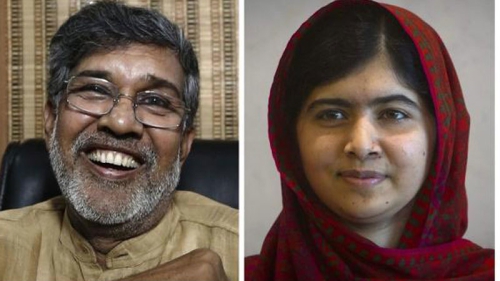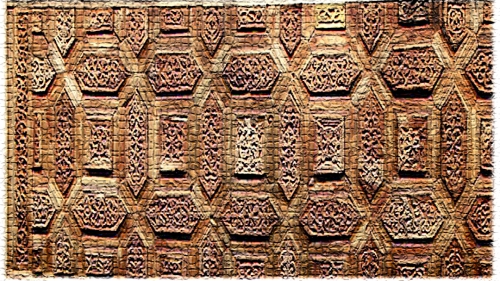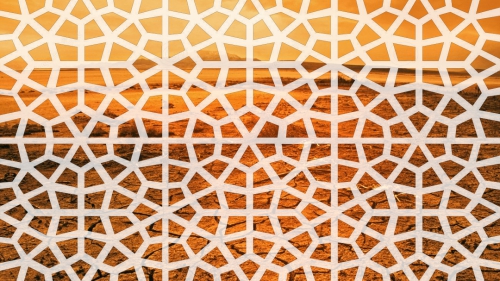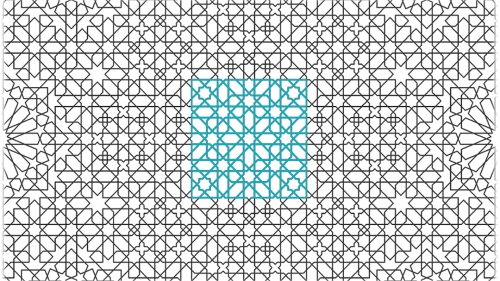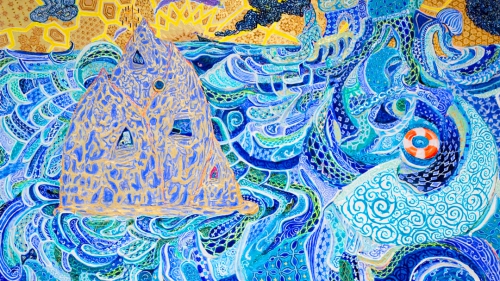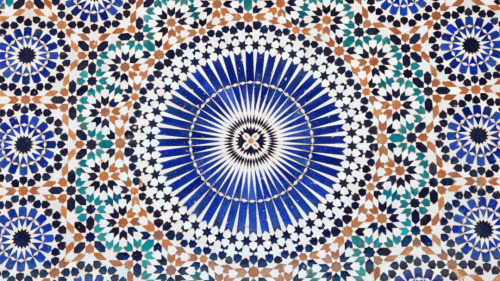Stones, Tanks, and the Nobel Peace Prize
For the past months, I have been depressed. As an American whose family lives in New York City and Washington, DC, it was not easy to shake off the deep sense of vulnerability created by September 11th, or to move beyond the fear for the ensuing restrictions on our civil liberties and concern for the safety of the Afghan people. It required faith, a commitment to doing everything I could to informing America's response to terrorism, and working hard to inform civil society leaders in the Arab World about the nuances of America's response.
Sadly, my shock over September 11th and its aftermath was replaced by a depression about the deteriorating situation in Israel and Palestine that had left me feeling hopeless--that is, until January 27th of this year. The first suicide bombing by a Palestinian woman and the Bush Administration's continuing green light to Ariel Sharon's increasingly brutal war on the Palestinian people should have depressed me further. But they didn't. They stirred in me a determination to change things, and a vision for where to go from here.
Fourteen years ago, in December 1987, I was inspired by the Palestinian intifada. As an Arab American college student who also grew up in the Gulf and Lebanon, the movement resonated strongly with my sense of justice. The uprising's character of self-imposed relative non-violence--Palestinian stones responding to Israeli tanks and guns--spoke not only to me, but to many of my classmates at Tufts University in Boston who only a year earlier joined with the global anti-Apartheid movement and staged a multi-day take-over of the University's administration building, demanding the University divest from companies doing business with South Africa's Apartheid regime. The University gave in. We won.
The intifada of the 1980s sparked a whole generation of activists. And I believe we created a public awareness in America for the injustice of Palestinian life under occupation. I also believe we created the impetus for an American engagement with the conflict that contained in it at least a dose of justice.
In the spring of 1988, over the objections of my parents, I made my first trip to the West Bank and Gaza. There, I was clubbed by Israeli soldiers outside the Noble Sanctuary (Haram AshSharif) in Jerusalem. I suffered through days of house arrest in Ramallah. And I was humiliated along with the Palestinian population at the Israeli occupation army's checkpoints. When I returned, instead of working as a banker or an economist, I launched the Middle East Justice Network in the USA which for years sent delegations of lawyers, students and others to the West Bank, Gaza and Israel and sought to link human rights concerns to Congressional legislation on Capitol Hill.
Others undertook similar journeys of transformation. Akram Baker returned to his grandparents' homeland, and inspired to work for Hanan Ashrawi and the late Faisal Huseini, participated in the talks with Secretary of State James Baker and the historic Peace Conference in Madrid. Similarly inspired, Joseph Zogby graduated from University of Virginia Law School, only to shun a profitable law practice: with significant funding from an American foundation, he launched the Palestine Peace Project which brought American lawyers and law students to the West Bank to help establish the emerging Palestinian legal system. What we did in the 1980s and early 1990s may not seem like much, but I now believe it was a crucial extension of the relatively non-violent message of the first intifada into the hearts and minds of Americans, Europeans, Israelis and Arabs alike, and brought the region, we hoped, one step closer to justice.
But today, things are different. Non-violence is solid ground to stand on and demand justice. C4 explosives and nail-bombs are not.
South Africa's white Apartheid government was shamed into giving up their racist control by a relatively non-violent movement led by the ANC (though the ANC did maintain the right to use arms until the very last day of Apartheid) and thus inspired the world to impose morally damaging sanctions on South Africa. Through the relatively non-violent intifada of the 1980s, the residents of the West Bank and Gaza, with the help of their supporters around the world, were able to convince the Israeli American governments that some sort of peace process was in their best interests. I will not defend the inadequacies of the Oslo Accords. But the current round of nail-bombs will bring neither Israelis nor Palestinians closer to justice or peace.
The current wave of Palestinian suicide bombers may have been informed by the perception in the Arab World that Hizb Allah was able to pressure Israel to withdraw from South Lebanon through "violence." Such analysis is simplistic and misguided. Israel withdrew for a combination of two reasons. One, South Lebanon served no colonial purpose to Israel other than to protect the Galilee from attack. Two, Hizb Allah doggedly adhered to a policy of resisting occupation through attacks only on Israeli military personnel in South Lebanon in a manner the U.S government could not fully criticize. Israel was presented with a simple choice: stay and die or leave and live. Israel left.
Conversely, the Palestinian bombing and shooting campaign despicably targets civilians and lacks any focus, distinction or message. Despite the just historical grievances of the Palestinian people, not only is such an anti-civilian campaign morally wrong, it is just plain stupid. In the context of the post September 11th environment, and a longstanding friendship between President Bush and Ariel Sharon, the Palestinian bombings will only strengthen Israel's resolve to squash the Palestinian people once and for all--all with the West's approval.
The Nobel Peace Prize should never have been given to Rabin, Peres and Arafat for signing a treaty. And I'm certainly not suggesting that it should have gone to my Arab American colleagues. Instead it should have been given to the Palestinian and Israeli activists and institutions who truly struggled for peace on the ground like Faisal Husseini, Mustafa Barghouti, the Palestinian Human Rights Information Center or B'Tselem, the Israeli Information Center for Human Rights.
In these days of massive military operations, the destruction of the World Trade Center, and multi-million dollar political campaigns, the role of non-violent peace and justice activists may seem trivial. But I assure you it is not. A contemporary example of the sprit embodied by Joe, Akram and myself, is a young Arab American woman, Huwaida Arraf, who grew up in Detroit, went to University of Michigan, moved to Jerusalem / Ramallah two years ago and is helping undertake a campaign of non-violent resistance to the Israeli occupation.
The difference in 2002 is that Huwaida has the courage to undertake her campaigns in the absence of a pervasive non-violent Palestinian movement. Imagine how successful those like her would be if the Palestinian struggle today, despite Israel's brutal occupation, had the vision to take the form espoused by Gandhi, Mandela or Martin Luther King.
Today it is Huwaida's indigenous colleagues who are the people who deserve the Nobel Prize for making peace with their hearts and minds, sometimes putting their lives in danger. For this reason, I respectfully suggest that the Nobel Committee return to its tradition of awarding the Prize to activists instead of to leaders. For this may inspire every-day people to become the much-needed next generation of real peacemakers. Our leaders--American and European, Israeli, Palestinian and Arab--now seem incapable of making peace.
The article was originally published in the Lebanese newspaper Daily Star.
Hady Amr was formerly the National Director of Ethnic American Outreach for Al Gore's Presidential Campaign and a Clinton Presidential appointee at the Department of Defense. He can be reached at [email protected].







